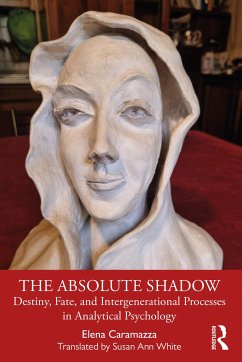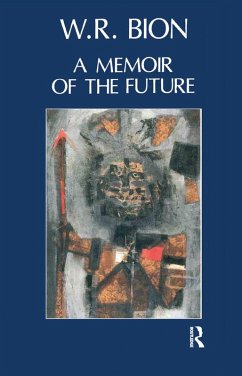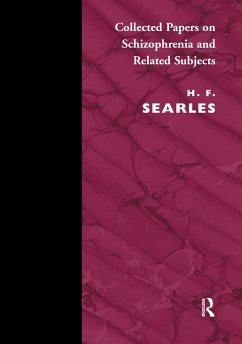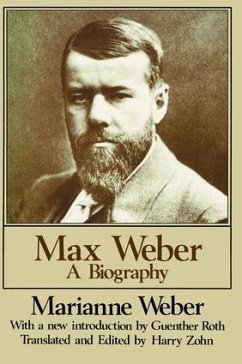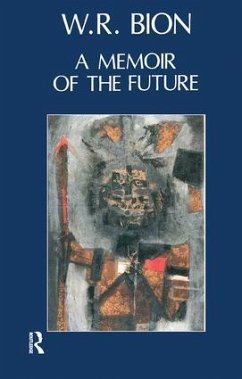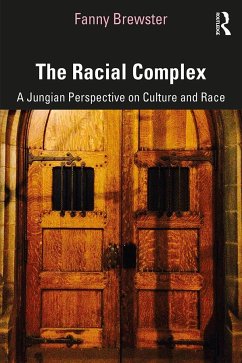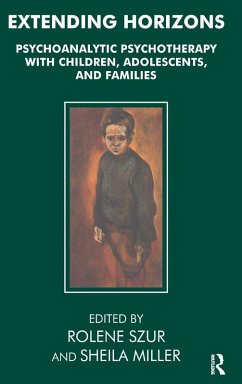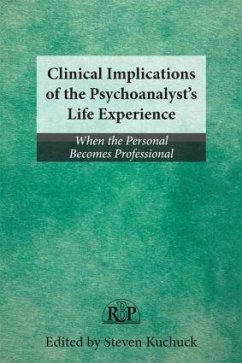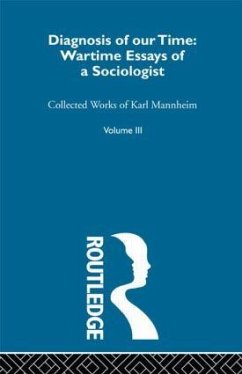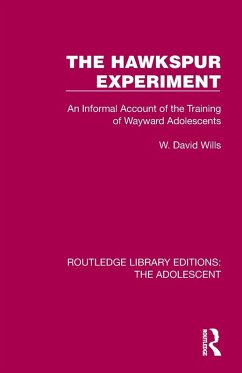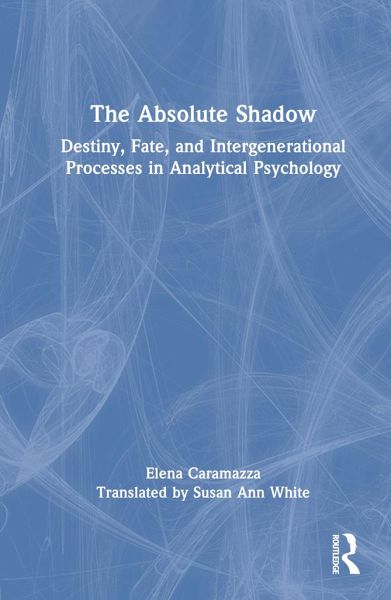
The Absolute Shadow
Destiny, Fate, and Intergenerational Processes in Analytical Psychology
Versandkostenfrei!
Versandfertig in 1-2 Wochen
152,99 €
inkl. MwSt.
Weitere Ausgaben:

PAYBACK Punkte
76 °P sammeln!
This book explores Jungâ s central concept of shadow from a particular configuration that the author calls "Absolute Shadow," placing it in relation to the idea of destiny as catastrophic.





